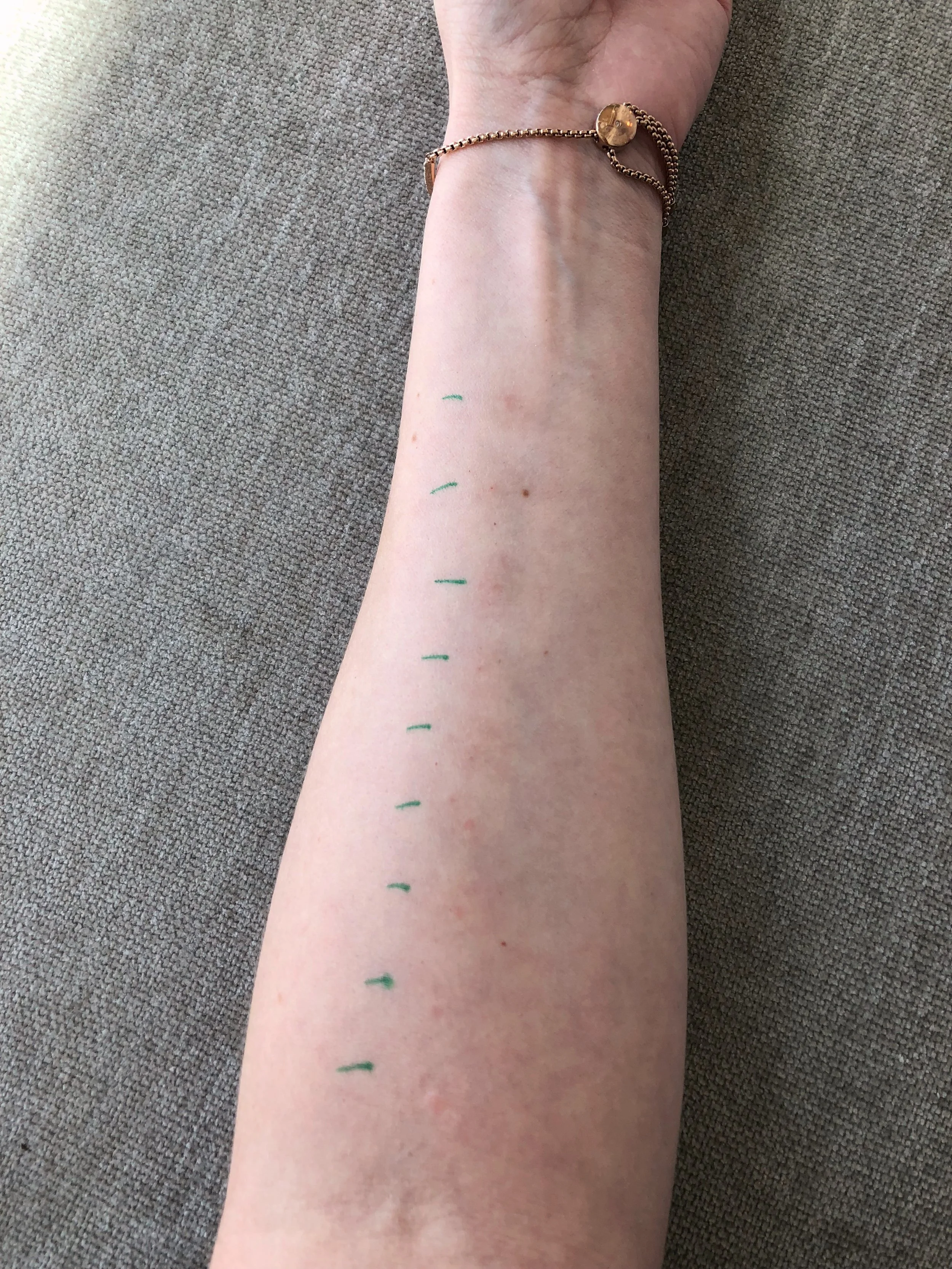Seasonal & Environmental Allergies: The Route To Relief
Allergies Defined:
Seasonal allergies typically flare up twice per year, spring and fall. For the sufferers, the change in season brings with it weeks of itchy scratchy throat, itchy, watery eyes, nose and ears, puffy eyes, sneezing, coughing, nasal congestion, difficulty breathing or tight chest, skin rashes and daytime fatigue.
Environmental allergies differ from seasonal in that they can be found year-round versus at specific times. Environmental allergies include dust mites, mould, pet dander, cigarette smoke, pollen etc.
Allergy Testing:
The standard treatment, anti-histamine and steroid medication to reduce our body's inflammatory response to the allergens may provide relief for mild seasonal allergies, but for long-term sufferers, especially those with year-round allergies, allergy testing is the best place to begin.
In a 30 minute appointment, your doctor will test an area (typically your forearm) to see if exposure to a particular allergen produces an allergic response. The test is quick and painless, if you're allergic to something, you'll know right away...it will itchy like crazy!
Allergy testing in a patient
Sublingual Immunotherapy:
So what can you do to treat your allergies? Sublingual Immunotherapy (SLIT) is an alternate way to treat allergies without the injections, antihistamines or steroids. Small doses of the allergen are given under the tongue to boost tolerance to the substance and reduce symptoms. This is done gradually throughout the year, a few drops under the tongue three days a week to as often as daily for up to 3 years to develop lasting immunity.
SLIT has been shown to be a relatively safe and effective treatment of rhinitis and asthma induced by allergies to dust mites, cats, dogs, pollens, ragweed and moulds, to name a few. SLIT is administered under medical supervision, and side-effects for both children and adults are mild if any, including itching in the mouth and digestive disturbance. These can typically be managed by dose adjustments.
For more information on sublingual immunotherapy click here.
Tailored Treatment:
A holistic approach is the most effective for reducing allergy symptoms. In addition to SLIT therapy, many patients opt to adjust their diet, either by eliminating common food allergens or having food sensitivity testing done. IV Nutrient Therapy, supplementation with nutrients and herbs known to help with allergy symptoms and acupuncture are other ways in which allergies can be further supported.
In Health,
Dr. Alaina


